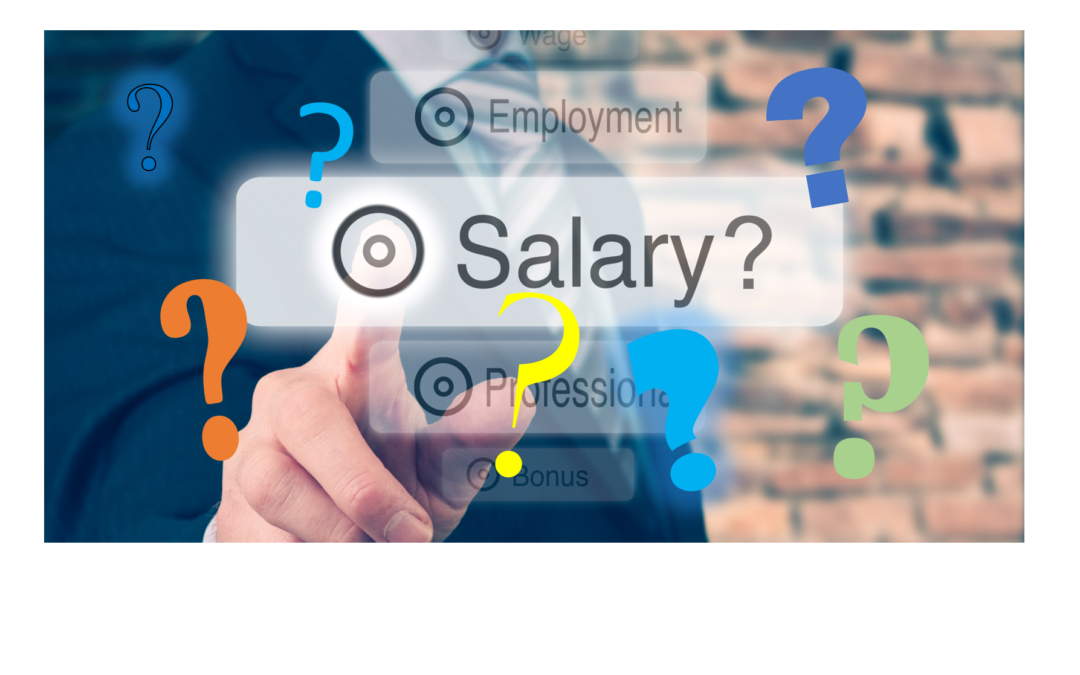
by Rick Christensen | May 16, 2019 | Career Transition, Job Search, Rick Christensen
You have put a lot of hard work into your job search. You now are receiving job offers. It seems like this would be the easy part of the process. However, if you are making a career move, you know how much is at stake. Your decision will...

by Rick Christensen | Apr 25, 2019 | Job Search, Rick Christensen
Lately I have read several articles on how to conduct a job search after age 50. To put it simply, it is hard! But what if you are over 60? If you think job search after 50 is hard, try after 60. As one adds years to their career, it becomes more difficult...

by Rick Christensen | Apr 11, 2019 | Career Transition, Job Search, Rick Christensen
Email has become an essential form of communication in today’s job search, but how you handle it can make a positive first impression or make your next employer question your judgment. Here’s what you need to know about job search email etiquette...

by Rick Christensen | Mar 28, 2019 | Career Transition, Job Search, Rick Christensen
Most online applications ask the “What is your desired salary?” question. Usually this question is a required field, meaning you have to answer it before going to the next section. It is also a numeric field, so you need to put in a number (usually a...

by Rick Christensen | Mar 21, 2019 | Career Transition, Job Search, Rick Christensen
I am often asked if a person should accept an offer or wait until something better comes along. It depends. It is obviously very stressful to be unemployed because the bills are still coming in even when the paycheck stops. That’s why financial...

by Rick Christensen | Mar 14, 2019 | Job Search, On-Boarding, Rick Christensen
You’ve finally done it–you landed the job that you were after. All the hard work and preparation in getting the resume and interview right have paid off. You are excited to start work and impress your new employer and get off on the right foot with your new coworkers....







